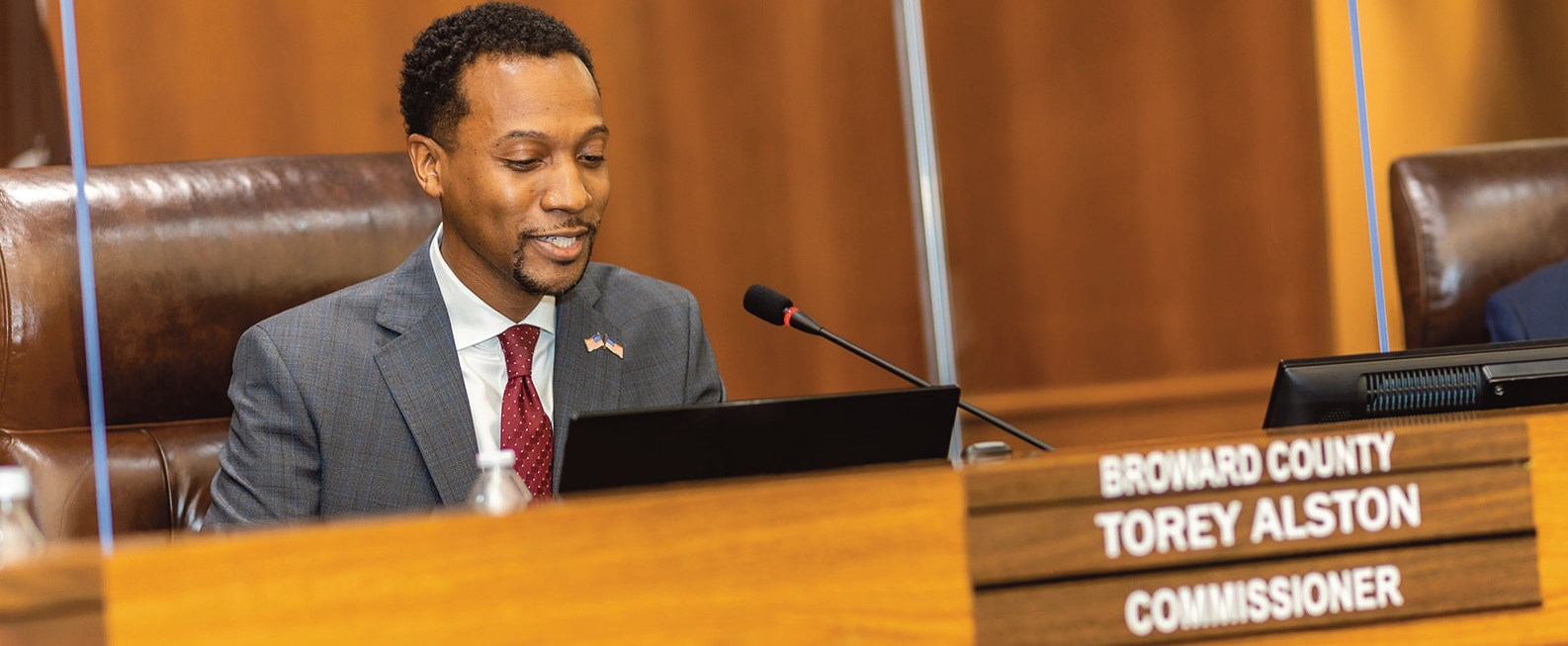By TOM DAVIES
INDIANAPOLIS (AP) _ Republican lawmakers approved a bill that takes away some of Democratic state schools Superintendent Glenda Ritz’s authority over the State Board of Education during the final hours of this year’s legislative session Wednesday.
The House voted 60-38 to approve the measure, and the Senate passed it 31-17 soon afterward. Lawmakers were also poised to give authority over Indiana’s standardized testing and a new $10 million charter schools grant fund to the board with provisions included in the state budget bill that was to be voted on later Wednesday night.
Another proposal for turning control of the state’s private school voucher program over to the Board of Education was removed from the budget bill after the top Republican in the state Senate said its leaders weren’t aware that provision had been included.
Those moves provided the latest twists in the ongoing struggle for control of education policy involving Ritz, the Republican-controlled Legislature, and the Board of Education, which is dominated by appointees of GOP Gov. Mike Pence.
The tussle over the remaining changes to Ritz’s authority would be played out in the hours before lawmakers were scheduled to vote on the proposed $31 billion, two-year state budget and adjourn the 2015 session.
Pence and Republican legislative leaders have pushed for months for allowing the Board of Education to elect its own chairman, ending a decades-old law that makes the state superintendent the board’s leader. Republican lawmakers backed off such a change this week, suggesting that wait until Ritz’s current term concludes at the end of 2016, instead turning to various steps of limiting her authority _ such as giving a board vice chairman joint responsibility for the panel’s agenda.
House Majority Leader Jud McMillin, R-Brookville, called the bill a compromise aimed at improving cooperation between board members and Ritz’s Department of Education.
“Those entities have to be able to communicate effectively to make sure our children are best served by the policies that are implemented by this body are able to be passed along to schools,” McMillin said.
Democrats and Ritz supporters have argued changes to Ritz’s authority are politically motivated, effectively create a second state education agency and would undermine the will of voters who elected her in 2012.
“They expect that the state superintendent that they choose remain in charge of education policy here in Indiana,” House Democratic Leader Scott Pelath said.
Pence said Wednesday afternoon that he supported the proposals as a consolidation of education policy decisions.
“I think the State Board of Education is the proper place to oversee those programs and to make sure they’re being operated in a way that’s in the best interest of our kids and our families and consistent with the policies embraced through Indiana’s legislative process,” Pence said.
Ritz opposed creation of the voucher program before she was elected state superintendent in 2012. The Department of Education produced a report last year that said the program cost the state roughly $16 million in the 2013-14 school year.
Ritz spokesman Daniel Altman said the new proposals would leave her as chairwoman in name only and were being advanced without public input.
“It’s just another instance of the disdain the governor shows for the voice of the public and for an open and transparent government,” he said.
Senate President Pro Tem David Long said now wasn’t the time to shift oversight of the voucher program as attempts are made to improve how the education board and Ritz work together.
“We’re trying to give this thing a chance to work,” Long said.
Meanwhile, lawmakers also approved a proposal to allow needle exchange programs in Indiana communities with public epidemics as part of a response to a southern Indiana HIV outbreak linked to intravenous drug use.
An agreement on another bill would allow Indiana’s riverboat casinos to build on-land facilities as a way of helping them respond to increased competition from casinos in neighboring states.













No Comment